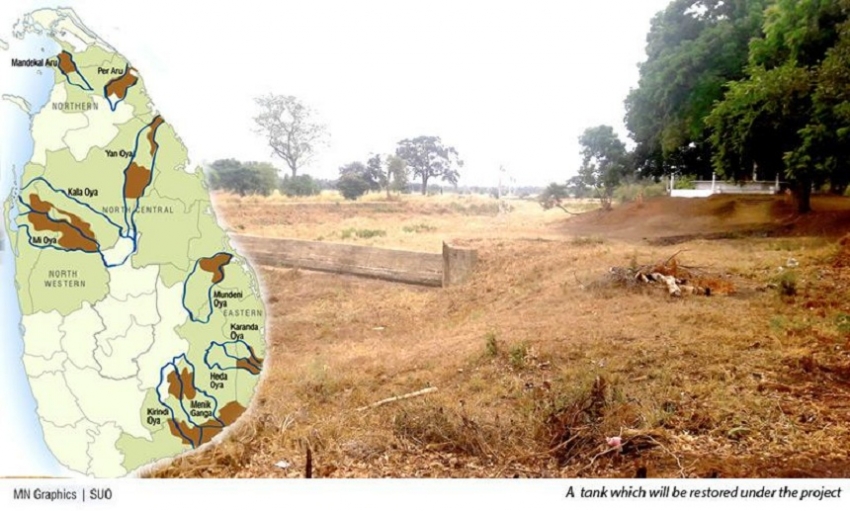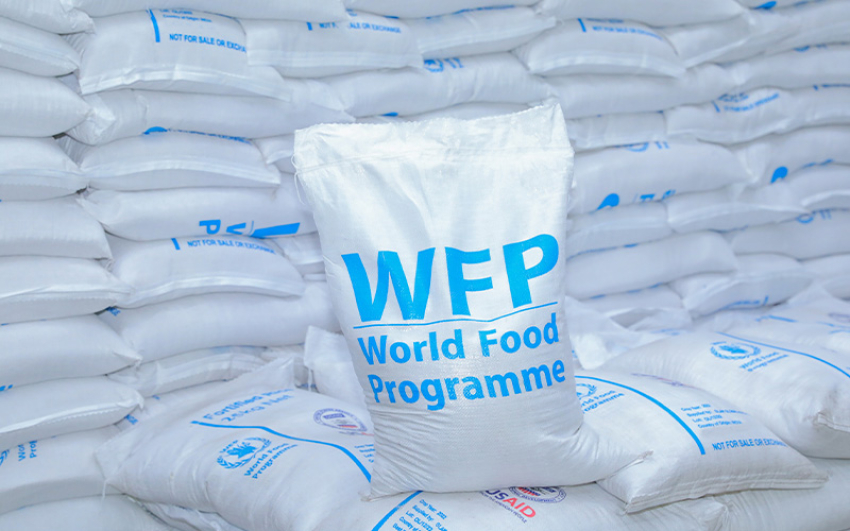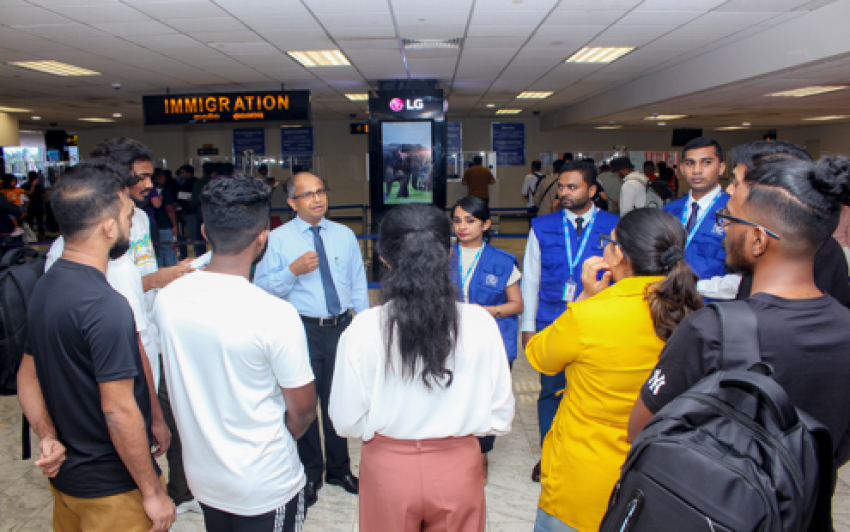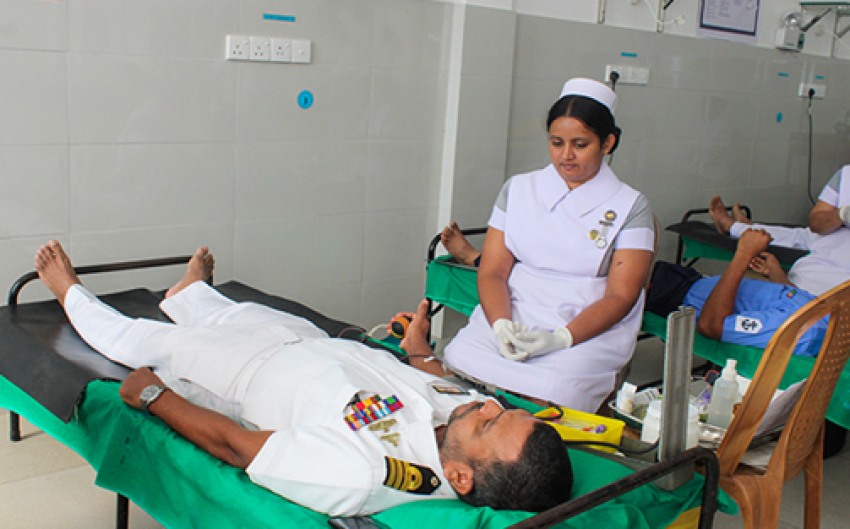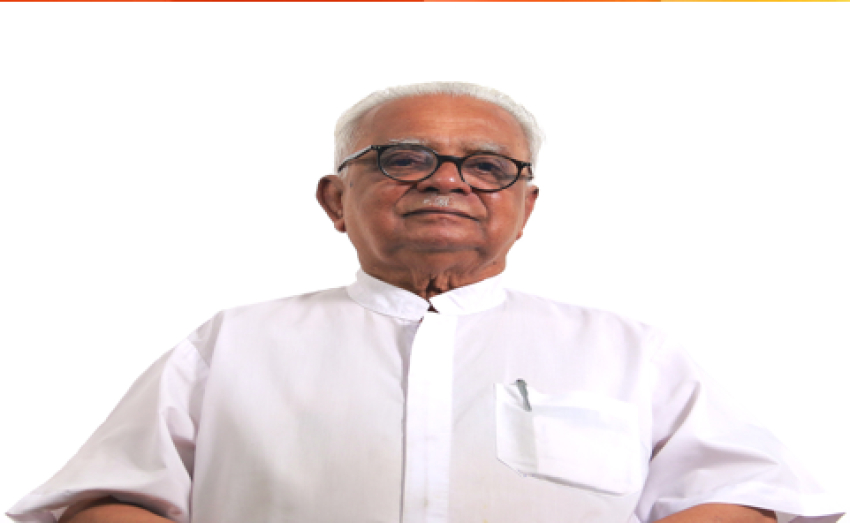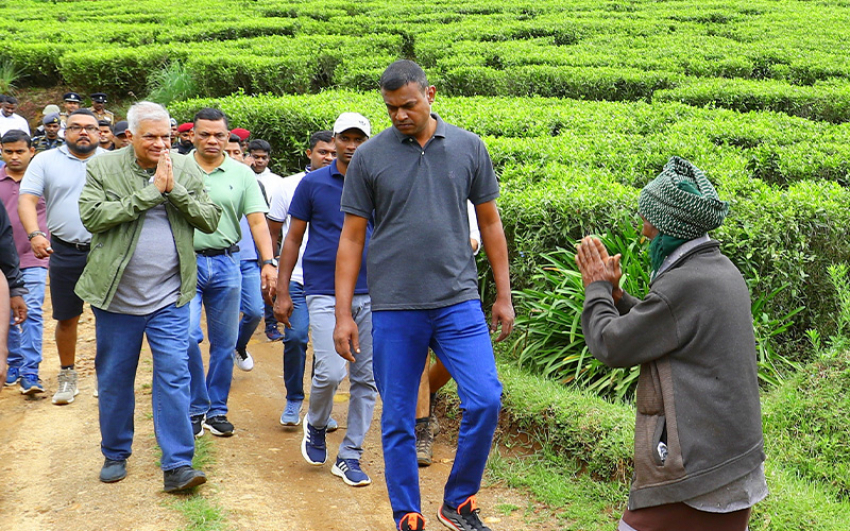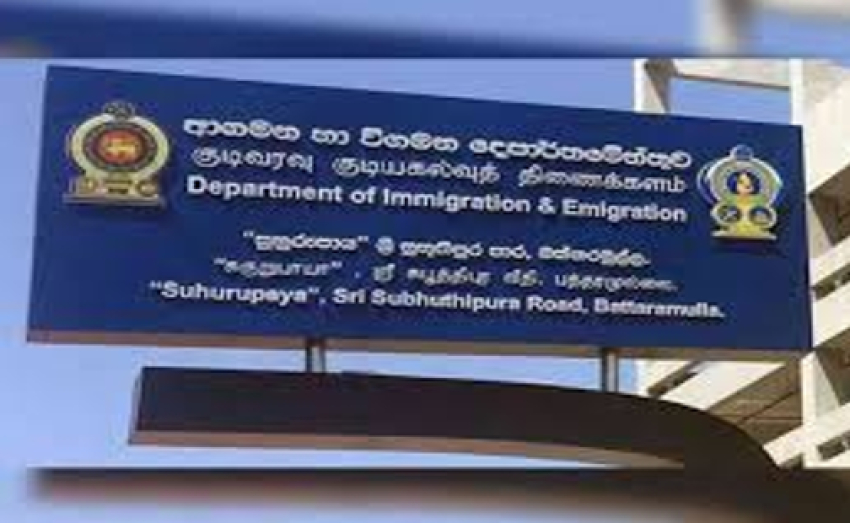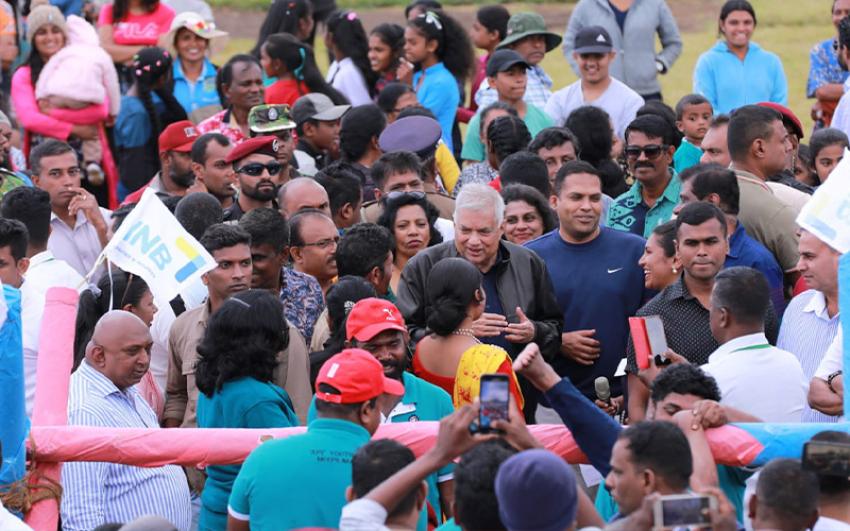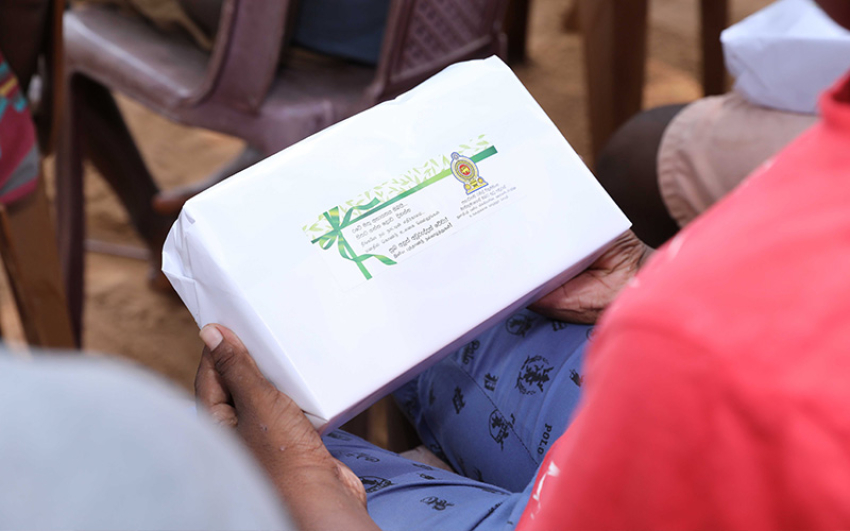Climate change over the years has greatly affected the agriculture industry and farmers in Sri Lanka. Haphazard weather patterns, droughts, temperature changes and a number of other phenomena relating to climate change have left local farmers struggling negatively affecting their livelihoods. With adapting to climate change becoming top priority, a world bank funded project is now in the pipeline to assist farming communities to face new challenges brought on by climate change.
By June this year, in a bid to uplift agriculture in the country and to make the industry resilient to climate change the Ministry of Agriculture will commence the ‘Climate-smart irrigated agriculture project’. The project will seek to improve the climate resilience of farming communities in Sri Lanka and the productivity of irrigated agriculture in selected climatically vulnerable hotspot areas in Sri Lanka.
According to the Deputy Project Director, Dr. Priyantha Weerasinghe the basic idea is to assist farmers and uplift agriculture in areas that are most affected by climate change. Sri Lanka being in the 2nd spot on the Global Climate Vulnerability Index shows that it is a country most vulnerable to climate change and its impacts. “It is the country’s agriculture and those who are engaged in the industry that are most affected,” he said. According to Dr. Weerasinghe, the main issue faced by farmers due to climate change is the acute shortage of water. “Without water, they cannot do anything,” he said. Floods, shorter and more intensive rains along with temperature changes have also become major obstacles to farmers. “When the temperature changes it affects the growth of plants, how nutrients are absorbed and cause a host of other issues,” he pointed out. “The areas chosen for the implementation of the project were done so with these facts in mind.”
Six provinces and eleven districts within those provinces in the dry zones of the country have been chosen to benefit from the project. According to Dr. Weerasinghe, the areas were chosen following a participatory rural assessment. “It was after a rigorous analysis of data that these areas were identified as being the most affected,” he said.
The project focusing on irrigated agriculture is expected to mainly restore the irrigation infrastructure in these areas initially. According to Dr. Weerasinghe, the lack of funding and more focus on larger tanks have left smaller tanks and cascade systems used for centuries in disrepair. “If these are restored more water can be collected and it can also improve groundwater recharge,” he said. “We will also thereafter introduce more climate-smart options for agriculture which are available and have been tested under Sri Lankans to increase production thereby improving their livelihoods,” he said.
Taking the project further following the restoration of the tanks and cascade systems the Ministry will also assist the farmer to establish market linkages. Prior to this, they will be advised to grow climate-resilient crops while producer groups for farmers growing a particular crop will be established. “Through this initiative, we hope to overcome one of the main challenges faced by the local industry which is to enter the international markets,” he said. The latest technology will be introduced to ensure higher product quality while producer groups will be assisted by linking them to markets. The project will also provide solutions to other common issues such as an excess in produce as seen in recent times.
According to Dr. Weerasinghe despite the creation of mobile apps for the purpose, awareness among farmers remains low. “We will address these issues,” he assured.
While the project was initially estimated to benefit 50,000 individuals, Dr. Weerasinghe says the numbers have now increased following the participatory rural assessment carried out. The novelty of this five-year-long project Dr. Weerasinghe said is the bottom to top-level approach being taken by the project team. “We discussed with the farmers as to what their needs are and the plan will be drawn up according to their needs and ideas.This way we can be of better service to them” he said.
For example, according to Dr. Weerasinghe, some have suggested the restoration of tanks in areas belonging to the Department of Forests and the Department of Wildlife Conservation to stop wildlife from entering villages in search of water. “We are ready to do this under the project if these departments permit,” he said.
While the project is to enter its initial stage, which will see a plan being drawn according to the findings of the preliminary rural assessment, Dr. Weerasinghe said field activities will likely commence in June this year.
Explaining the importance and timeliness of the project Dr. Weerasinghe stressed that agriculture production will decrease drastically and affect the livelihoods of local farmers if they do not successfully adapt to climate change soon. “They do seem to understand that rainfall patterns, duration and new diseases along with sudden pest outbreaks are part of climate change, however, the farmers are struggling as they are unsure how to cope,” he said.
According to Dr. Weerasinghe, agriculture communities will have to be guided and all stakeholders will have to join hands to overcome the various issues. “One project cannot do this alone,” he said. “They need to be guided. All stake-holders must join hands to educate them. They must work with all agencies and learn new things while sharing their traditional knowledge as well” he added.

